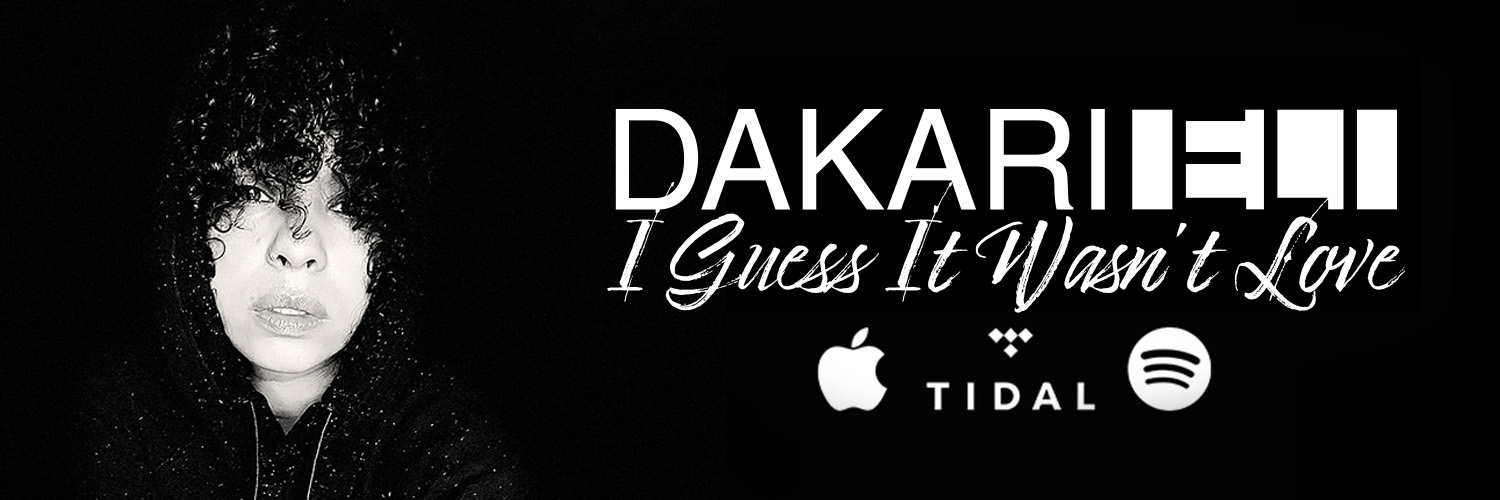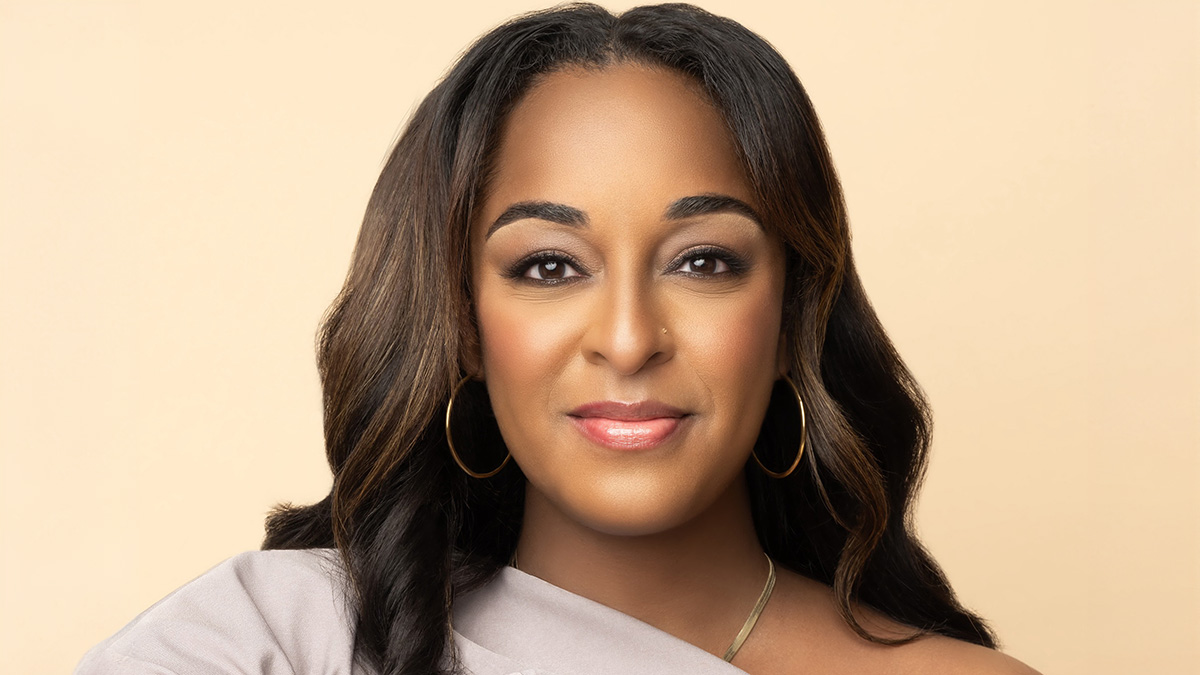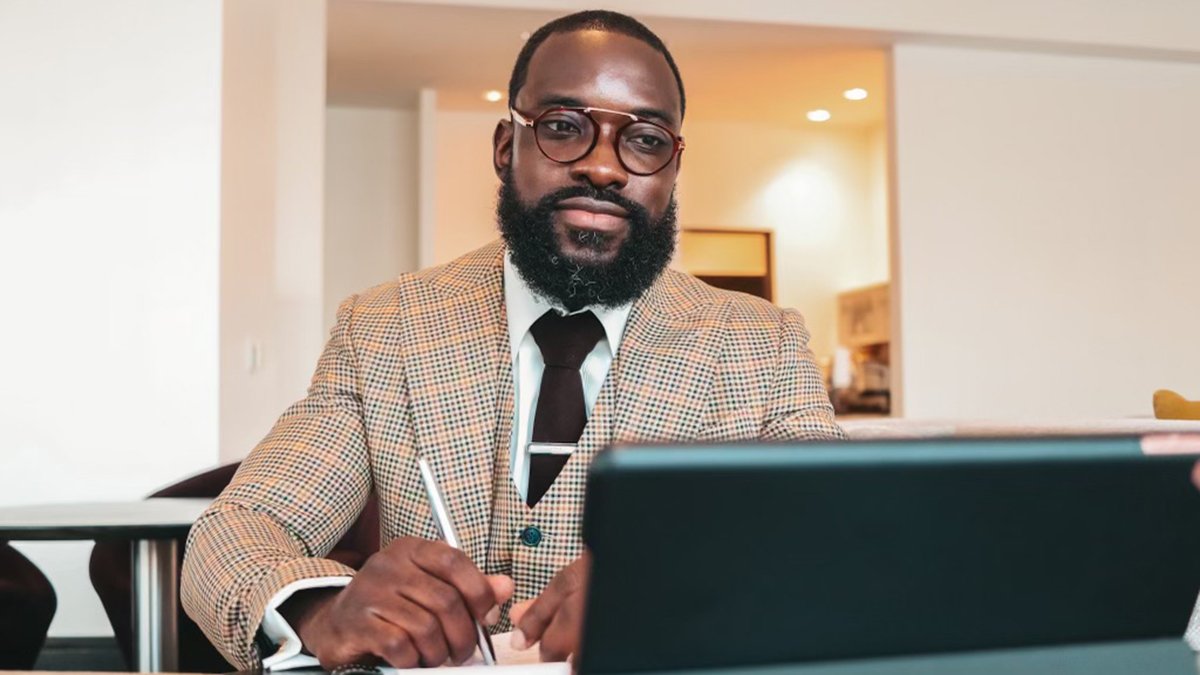Natasha Alford, a prominent journalist and renowned political analyst, explores her journey of identity and self-discovery as an American Afro-Latina woman in her new memoir, “American Negra.”
Let’s start from the beginning. Can you share with us a glimpse of your upbringing in Syracuse, New York, and how it shaped your perspective on identity and belonging?
Growing up in upstate New York, I experienced what the segregated North looks like. The North has a reputation for being a place where, you know, abolitionists lived, and it has generally a positive impression or leaves a positive impression in our minds when we think about American history. But there are a lot of nuances in that. Often in the North, even though it may not be as explicit as some of the histories that we read in the South in terms of segregation, you have a sense of where you’re supposed to go and where you belong. And so, my family came from the South, on my father’s side, from South Carolina and Florida to the North.
They experienced the North and Syracuse, New York, as an African-American family. You know, they knew that there were certain neighborhoods that they weren’t really welcomed in. They’d been profiled by the police, that sort of thing. From my father’s side of the family, growing up upstate, it’s an African-American experience, but it’s in that context. A place that is supposed to be welcoming, and yet there are these contradictions. Now, on my mother’s side of the family, she is Puerto Rican, and she’s from New York City. When people think of New York, they think of the big city. And for her, coming to upstate New York was a huge change… What this book tries to show is what it’s like to be a part of two worlds, both being a part of the African-American community as well as the Latino community in Syracuse and what it means to sort of witness conversations across these cultures. I think the North really helped me to understand race in America.
You delve into the complexities of identity and beauty standards. How did these challenges influence your personal life?
I’m glad you brought up the beauty standards because this is another part of growing up both African-American and Latina is that you witness a sort of Eurocentric beauty standard being the mainstream from both cultural perspectives. On my Latina side of culture, I was the darker one usually. My hair texture was thicker. And when I looked at Spanish-language media, when I looked at, you know, Latino magazines and media, there weren’t a lot of people like me who were the center of the story… And then growing up Black American, you know, being somebody who was multi-ethnic, having that Latino heritage, in some ways you can be a little bit exoticized. People can think of it as interesting or appealing that you are “mixed.” They may, you know, make assumptions about hair texture and, you know, how you’re supposed to basically show up in the world because you have this sort of mixed identity. But what I will say is that, you know, I often didn’t feel beautiful enough in either culture. I sort of felt like I had an unconventional look.
People would make comments about my facial features, and things like that, and I talk about it in the book. Part of what this book tries to do is also help to generate acceptance and to show that, you know, some of the things that we struggle with about ourselves, the ways that we don’t feel beautiful, those definitions can change over time. Society, by being more inclusive, and more representative of everyone, can change the way that we look at ourselves.
Could you elaborate on the significance of the title and what it represents to you?
The title is very important. I want people to understand that when you are a black Latina, your race is front and center. The word Negra translates to black woman. Negro would be like a black man. And often in Latino cultures, people will call you by the color of your skin. So, they will say, you know, hey, Negra. Or sometimes it’s an insult if used to attack you. Other times it’s a term of affection, like, oh, hey, my Black girl. And so, I’m trying to show that even in the Latino community, where supposedly there is less, you know, a lot of people think of it as, oh, we’re not racist or we don’t have problems with race like other cultures, other communities, we’re still referring to people by the color of their skin. We’re still conscious of people’s skin color and race.
And I wanted to highlight that experience of being Negra, but also to say that, you know, it’s within the U.S. context, and that’s where the American part comes in. I’m not a Black Latina who grew up in Cuba or the Dominican Republic. I grew up right here in the United States. And so, I’m trying to create a portrait of what it’s like to grow up Black and Latina here, and all the things that come with that unique history of growing up in the U.S. And then the last point is that I am embracing my blackness. I’m using the word Negra as a point of pride…
Throughout your journey, you have encountered moments of self-discovery and acceptance. Can you share one of the most powerful moments from your book that encapsulates this journey?
You know, a moment of self-discovery and acceptance, and one of the most powerful moments from your book that encapsulates this journey. There is a really great chapter about me going to the Dominican Republic. This is a real turning point for me. After growing up in upstate New York, again, a very segregated, mostly white region of the state and the country, I arrived for my first true international trip outside of the United States. And I see that there are black people everywhere. And I see what it means to be part of a black diaspora, to see that we literally were dropped off, you know, on these different boat stops during the transatlantic slave trade and that our African ancestry is everywhere.
It was the first time that I was in a Spanish-speaking country with a very high population of black people who spoke Spanish. And I blended in, and that was a first for me, coming from Syracuse, New York, to be seen and assumed to be Latina. Everybody walked up to me. They spoke Spanish to me. You know, they just thought I was Dominican. They thought that I was Latina like them. And so that created a consciousness for me and raised a lot of questions for me.
And so that’s part of what the book starts to explore, like what questions came out of that trip. And it sends me on a journey of trying to understand Afro-diasporic history better and also understand what were the breaks. You know, how did we break down communication and lose this sense of understanding about what it meant to be black in other countries? That is a big moment for me.
Now you mentioned in your book feeling a sense of inferiority compared to your white peers. How did you overcome these feelings and find empowerment in your identity?
What I would describe it as is insecurity and a concern about imposter syndrome. A concern that people may look at me and perhaps think that I couldn’t cut it. As much as I wanted to go to this university, as much as I was excited to be there, coming from a public school, I think that there were certain seeds of doubt planted about whether I really could cut it at this university. And I think I was just under the gun. I don’t want to give too much of this story away, but listen, when you are in an academic formation, you either do or die. You’re either going to fight for your place or you’re going to give up. And I talk about that academic formation being a self-fulfilling prophecy. I sort of tested my luck.
I didn’t give my best in one particular class because of that insecurity, and I essentially manifested a bad grade. When I went to the Dominican Republic and ended up doing really well in that particular science class that I write about, it made me realize the power of thinking and how we shape our reality. And so, when I came back, I was committed to giving my best. So, if I failed, I at least knew that I actually tried and that I wasn’t self-sabotaging. And immediately that willingness to take risks, to not be obsessed with what other people thought, manifested some great results…
Beautifully said. Now your career spans media and journalism with notable roles at the Grio and CNN. How has your background and personal journey informed your approach to storytelling and reporting?
I think my diverse career path has given me empathy. I know what it is to get up at 5 in the morning and teach students all day long. I know what it is to be a crossing guard and help kids across the street and, you know, change the ink in the printer in the school office, right? All of those things allow you to think about the human beings in your story. So, people are more than numbers to me. They’re more than statistics to me.
And also it makes you want to fight to tell stories in the fullest and most respectful way. I remember often reading stories when I was a teacher or when I wasn’t a journalist and thinking about the ways in which certain voices were overlooked. And also, you know, in terms of the corporate experience, like not putting people on a pedestal… I’m not really completely awestruck when I walk into certain rooms because I’ve been in these rooms before. And, again, I know that these are regular, everyday people. It kind of takes some of that, you know, that fantasy away from some of these institutions. And I believe that journalists have to be people who are willing to challenge power, who are willing to hold the powerful accountable.
What message or insight do you hope readers take away from American Negra?
Well, I know that every artist likes to say that they let the audience figure out for themselves what the lessons are. But I will say that in addition to people seeing themselves in the story, I hope that people feel challenged to not just accept that one or two of us get to experience the American dream but to ask how we can change society. How can we change systems? How can we change education so that everybody gets to reach their potential in this country? One of the things that I reckon with in this book is why I was able to make it into certain places. And so many other people had the same talent and potential, but who were not nurtured, who were not encouraged and pushed. And I think if we saw everyone as worthy and deserving of that investment, we would see a change in this society. And so that’s one part of it.
And then the other part of it is that I want us to redefine success. And not just look at “successful” Black people and young people and leave them to figure things out on their own. Because you’ll see that even in moments where I was supposedly doing good on paper, there were certain struggles that were happening where I was alone, you know, and I didn’t know what to do. And so, we have to support our people at every stage. Because this existence in this country is not an easy one all the time. We’re seeing too many black people in particular who are losing their lives to suicide, who are struggling with depression, who are struggling with mental health issues. And they look great on the outside. But they’re still in so much pain. And so, the book tries to, again, pull back, pick off a mask, take off the mask of perfection, and show some of the struggles that come with trying to make it as a young black person, as a black person with dreams, but also encourage people to keep fighting.
Be’n Original






